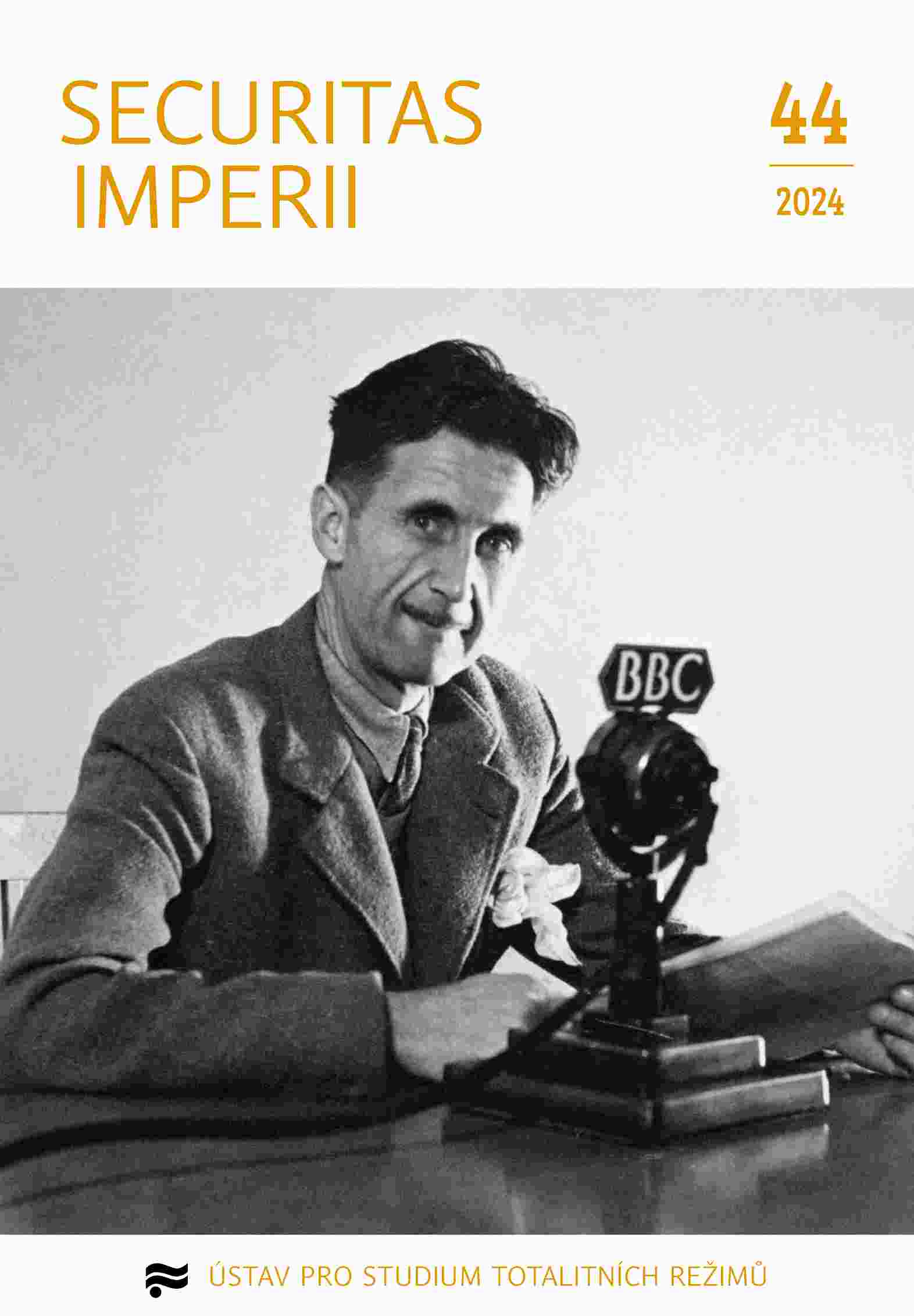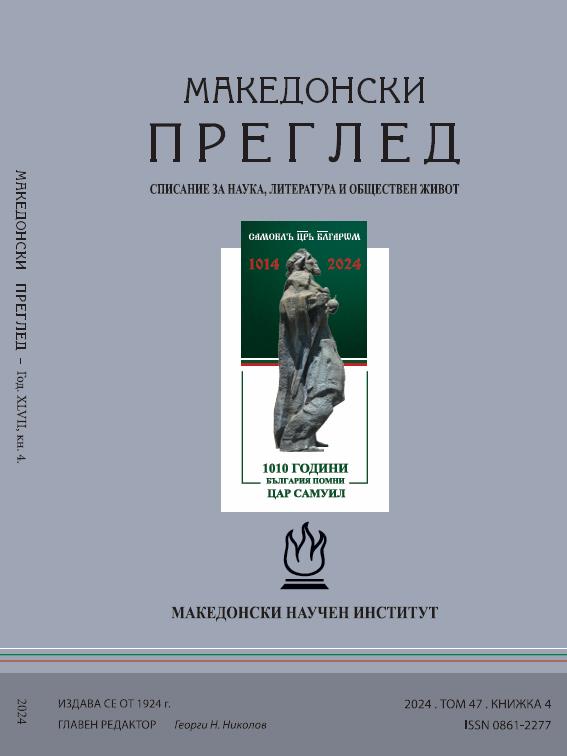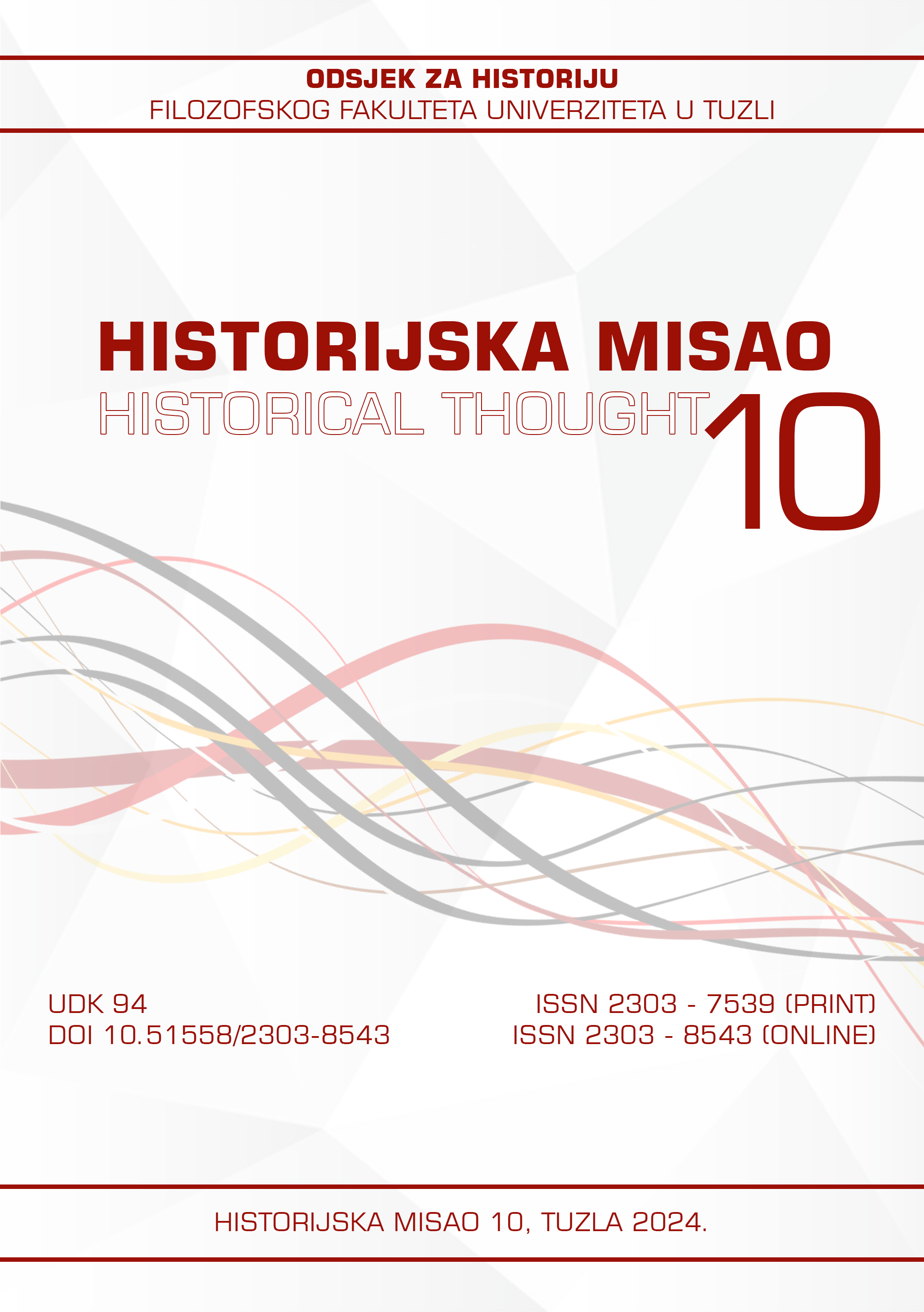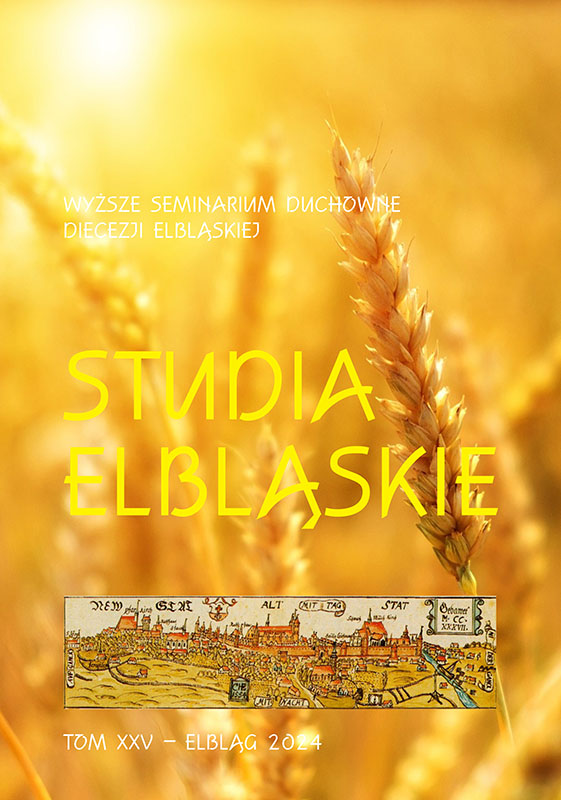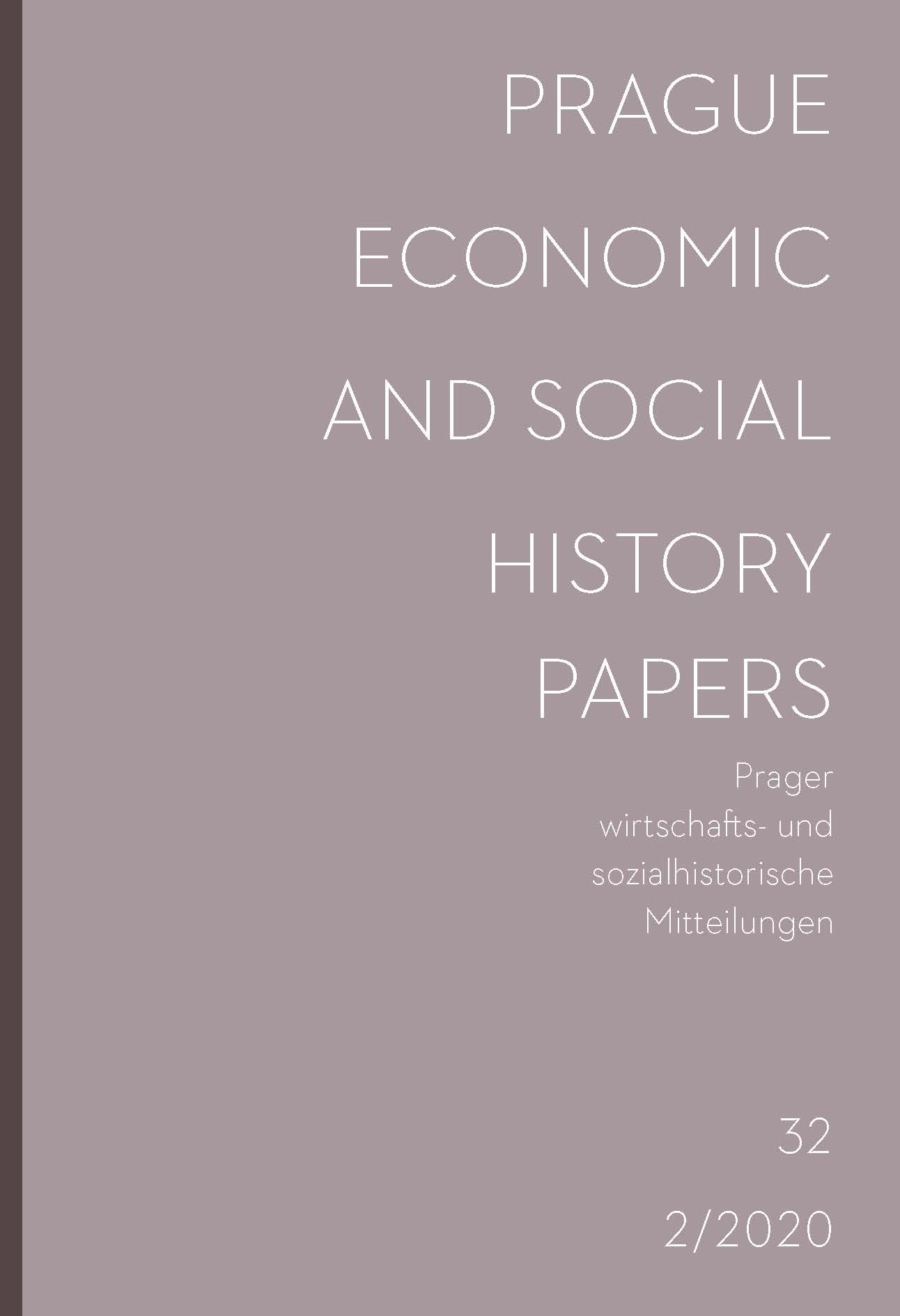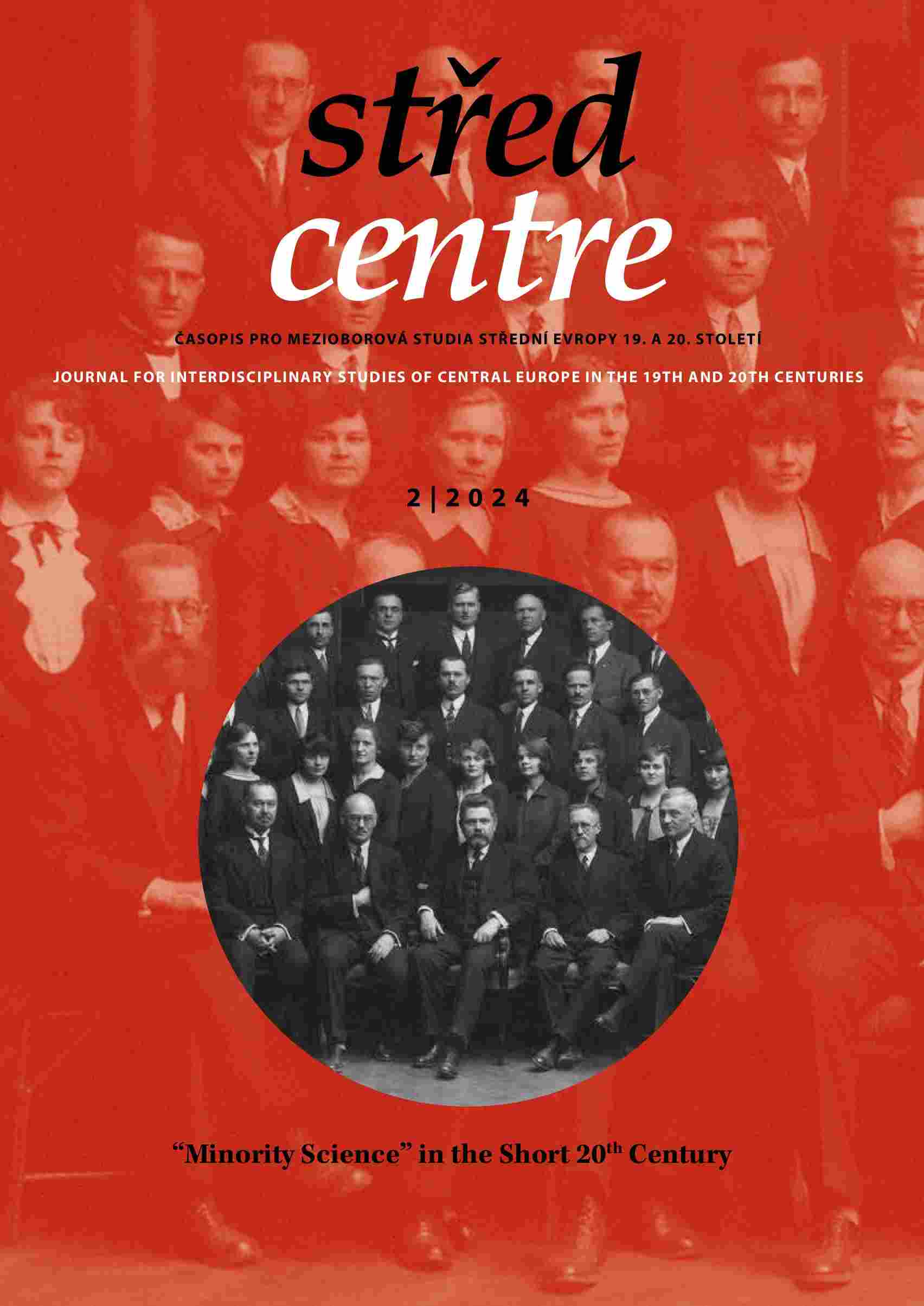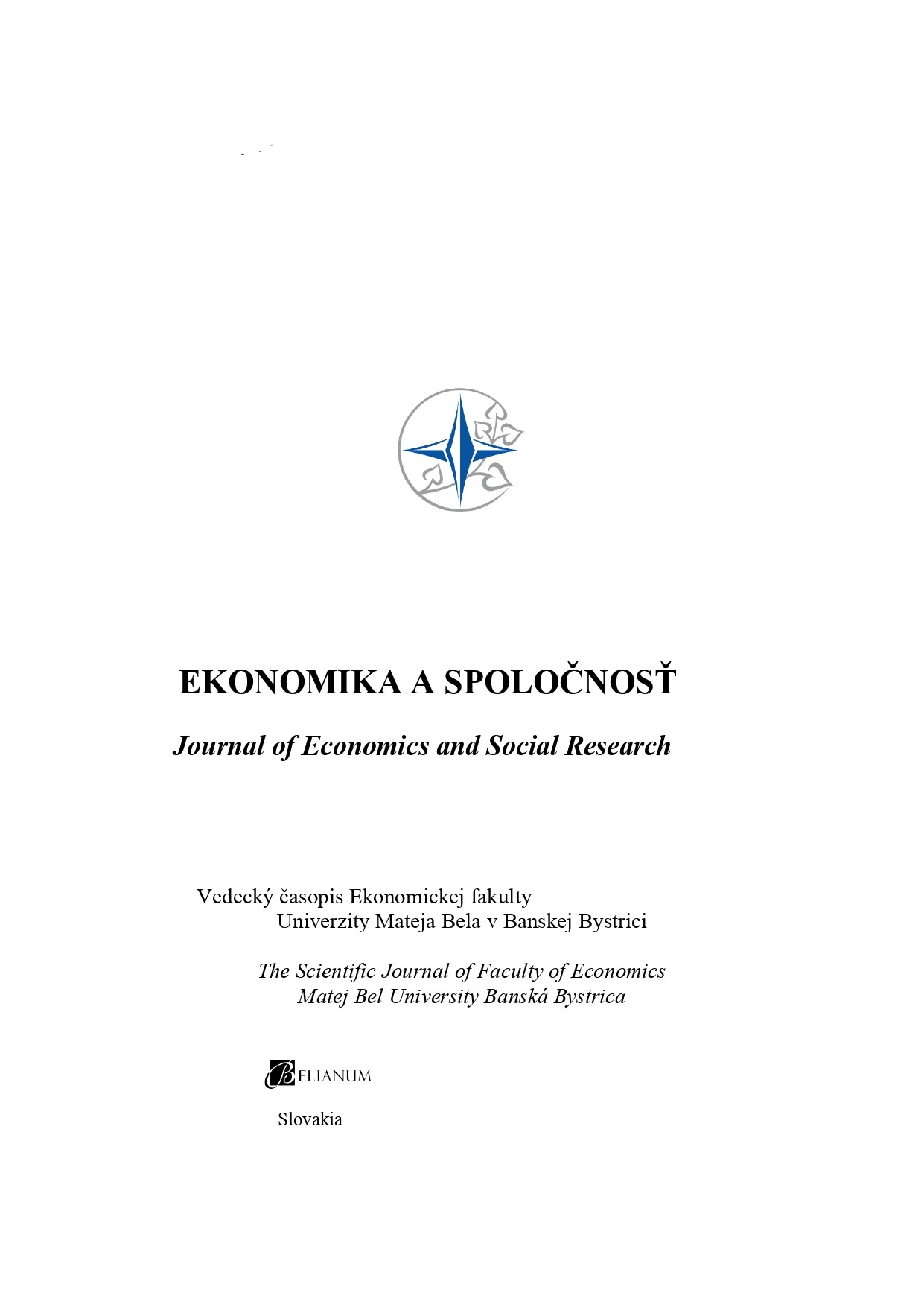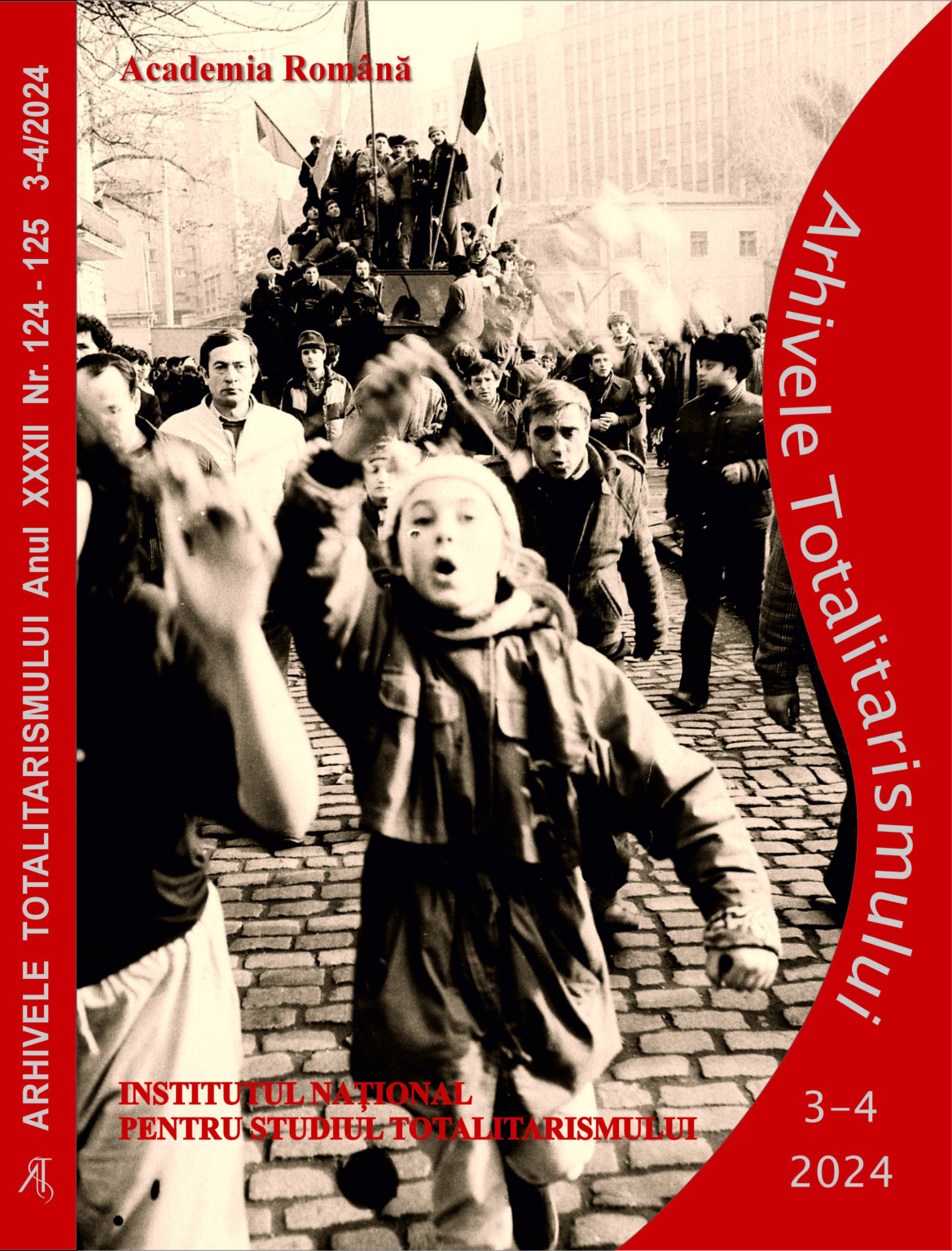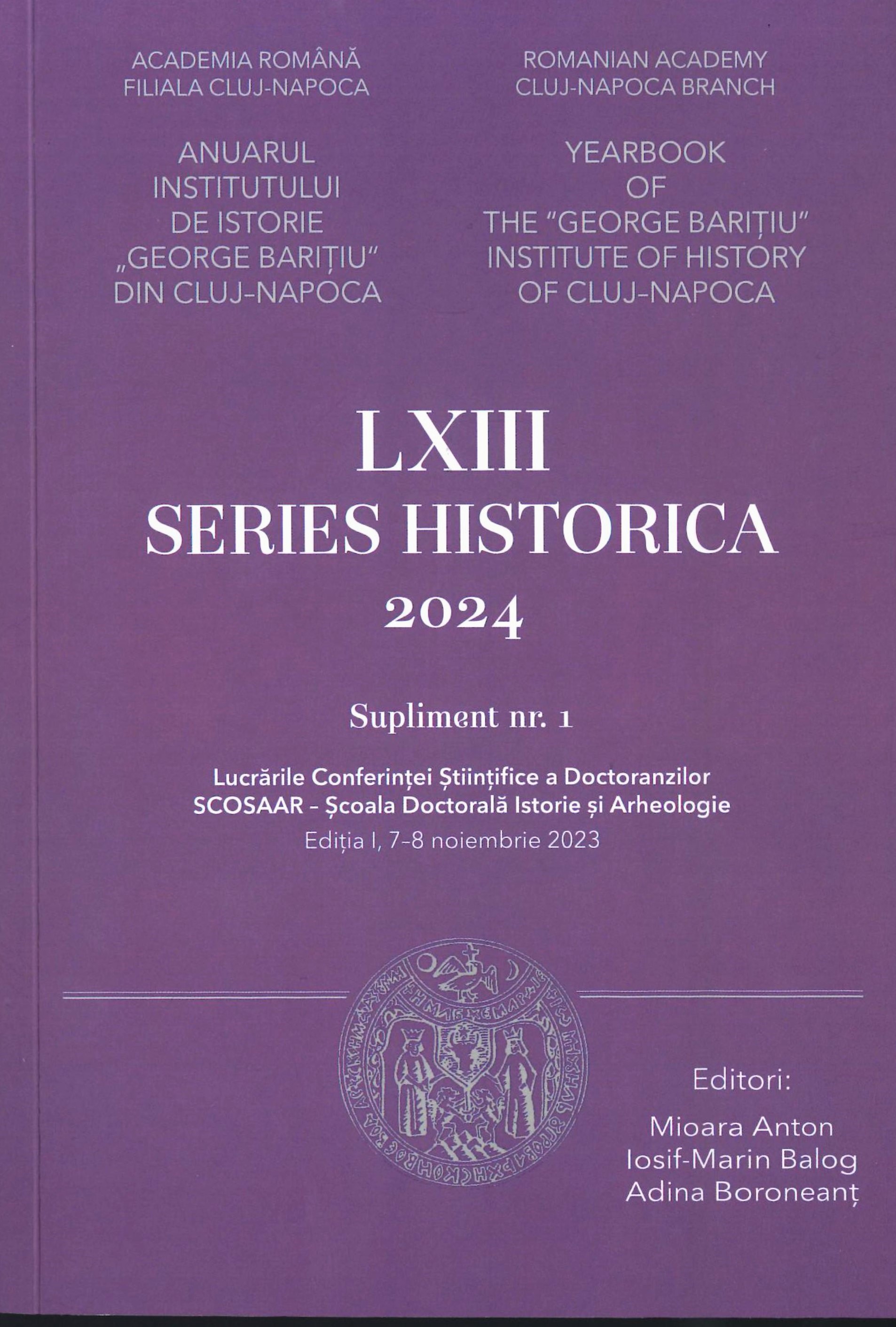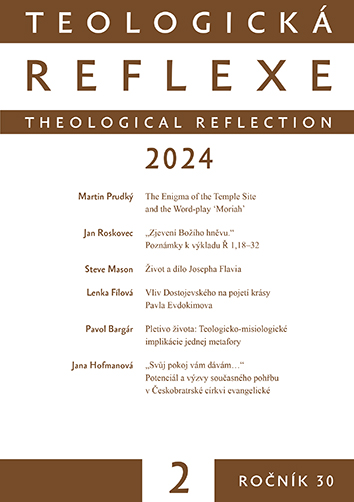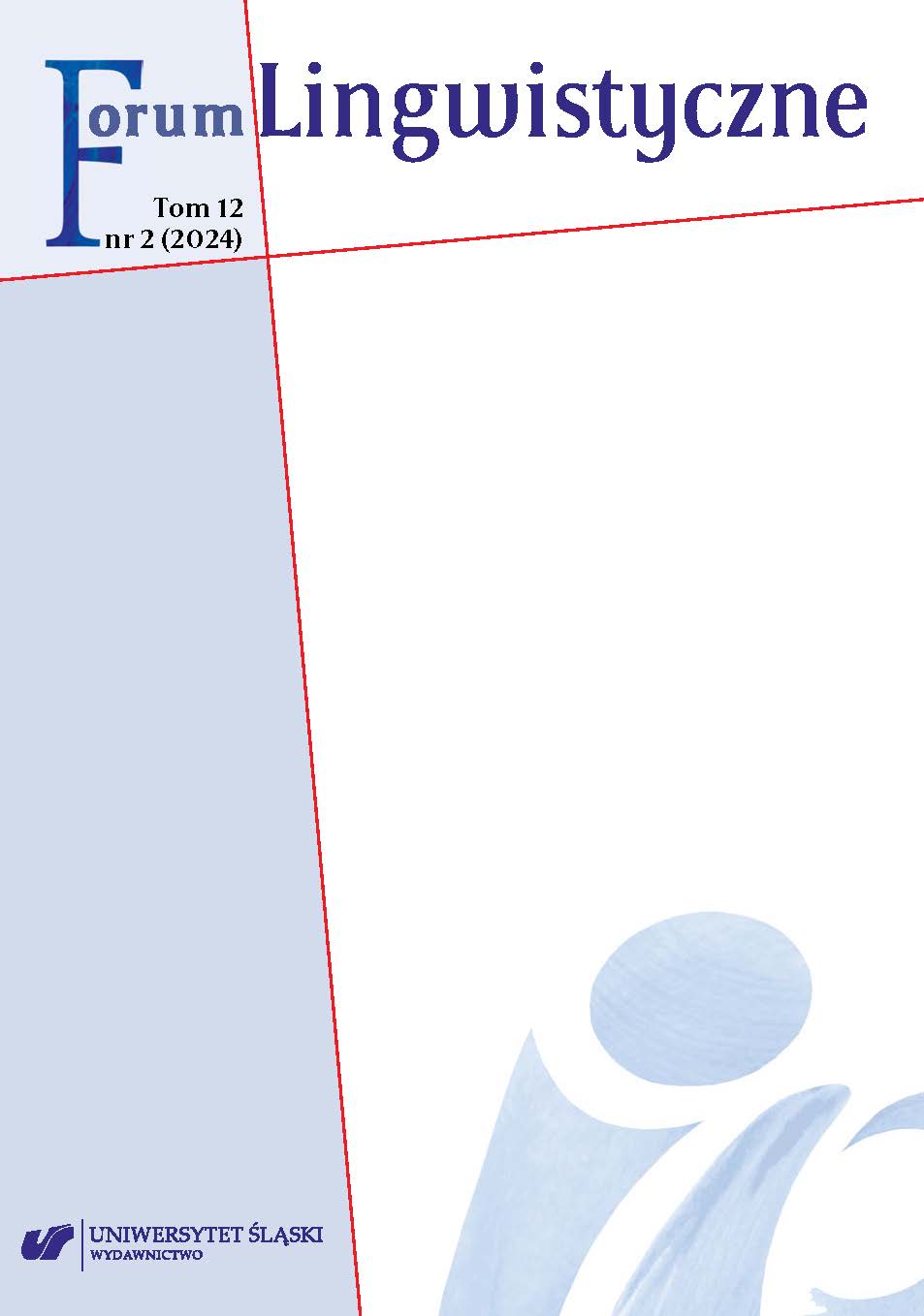
Un funcționar și preocupările sale în afara oficiului: Ioan Corbu (1873–1954)
The paper offers a short biographical glimpse on a Romanian civil servant from Transylvania at the beginning of the 20th century: Ioan Corbu. He spent most of his life in the service of Beszterce-Naszód/Bistrița-Năsăud County, first at the Orphanage see, then at the County Law Court, and had an average bureaucratic career. His interests however were lying closer to the field of arts and science, while his social- political opinions were made of entwined nationalist feelings and socialist ideals. He was part of the Romanian students’ committee during the Memorandum lawsuit, but shortly after he wrote a socialist manifesto, followed by an atheist one. In the early 1900s he developed an astronomical theory for which he claimed priority over professional scientists, wrote literature, popular science and social-political articles in the Romanian journals of the time. I. Corbu was actively involved in the 1918 political and administrative shift of power in his home county, but the regime change did not boost his career. Instead, he continued his scientific work related mostly to astronomy, trying to achieve national and international recognition, while at the same time editing a freely distributed personal review which became a sort of public diary. Throughout his life he constantly supported, actively and financially, many literary and scientific societies as well as civic initiatives. While the range, diversity and relentlessness of his activities greatly surpass the average civil servant preoccupations, they remain testimony of the multifold identities, loyalties and doctrinary options that characterized the Romanian middle class in Transylvania at the beginning of the 20th century.
More...
